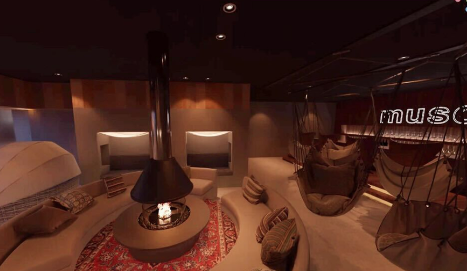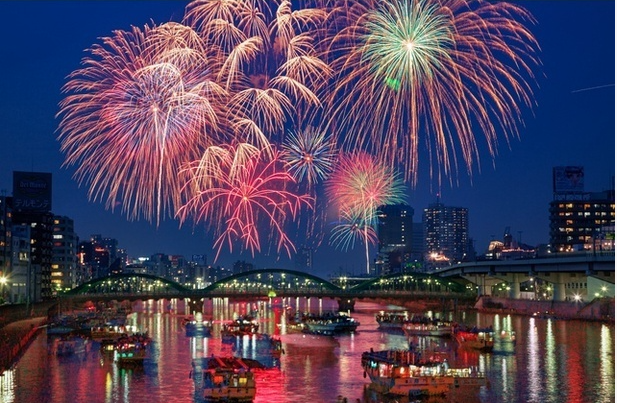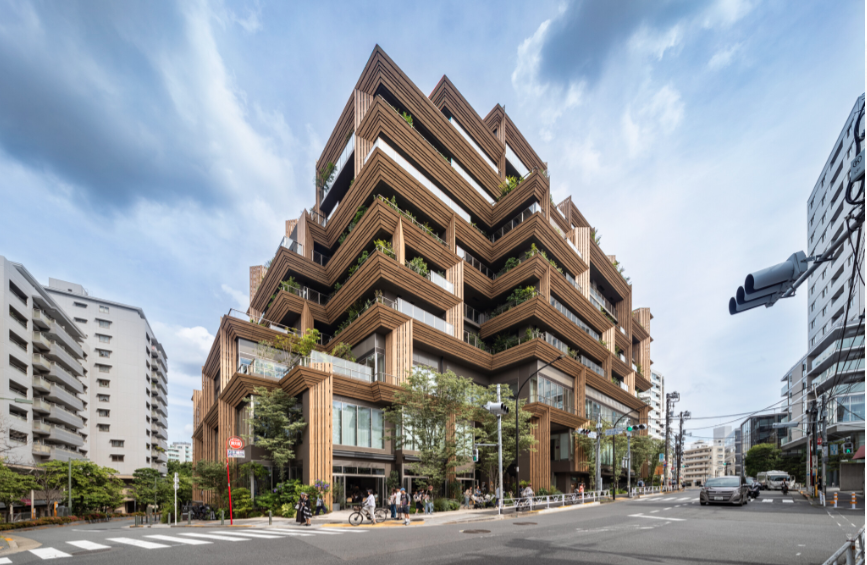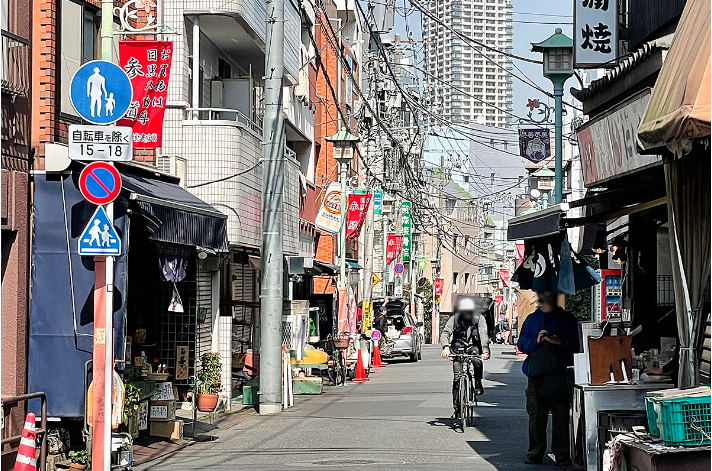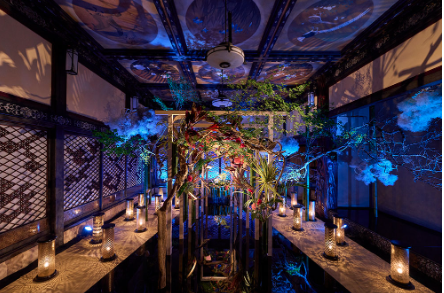CHILLIN
Chillin is a popular chain of shisha lounges with several locations across Tokyo. The staff at each branch are known for being kind and polite, making it an ideal place for beginners to try shisha in a relaxed environment. Chillin offers an unlimited free drink system, so it also works well as a casual café. While most locations don’t sell food or drinks, you’re welcome to bring your own—including alcohol—making it a great option for those who want to enjoy a light buzz while smoking shisha. For more information on pricing and locations, feel free to visit their official website, which is also available in English.
NORTH VILLAGE
North Village is a well-known hookah (shisha) café chain with over 20 locations, primarily in Tokyo. Each branch offers a completely unique atmosphere, making it popular with everyone from first-time visitors to seasoned shisha enthusiasts. Every store has its own concept. For example, the Shimokitazawa location is themed “Hammock Shisha.” As the name suggests, the café is furnished with hammocks, creating a laid-back, cozy space where you can truly relax. Unlike many shisha lounges that tend to be dimly lit, this location stands out with its bright, sunlit interior—perfect for enjoying shisha in a cheerful setting.
MUSCH
Musch is located just a 4-minute walk from Shibuya Station. It’s the perfect spot to unwind in the evening, with the cozy ambiance of a flickering bioethanol fireplace setting the mood. In addition to high-quality shisha, Musch is also known for its adorable desserts, which add to its charm and popularity. It’s a great choice for a girls’ night out or a relaxed date.
SWAY
Sway is a hidden gem known only to those truly in the know. This stylish café and shisha bar features a chic, modern, and minimalist atmosphere that sets it apart from the usual lounge scene. With a selection of over 60 shisha flavors, the experienced staff are happy to customize blends based on your preferences. Even if you’re unsure what flavor suits you, they’ll guide you through the options to find the perfect match. Sway is the ideal spot for those looking to enjoy shisha in a sophisticated and refined setting.
Tea&Sheesha MOFFOOM
Tea & Sheesha Moffoom is a popular tea and shisha lounge in Ebisu, known for its modern, clean exterior that makes it especially inviting for women and first-time visitors. Open late into the night, it offers the perfect setting to unwind after work. Inside, the stylish yet relaxed interior creates a cozy, café-like atmosphere where you can enjoy a refreshing cold drink with your shisha. With power outlets and Wi-Fi available, it’s also a great place to catch up on work or simply linger and relax.
CHILLRUG Nishiazabu
Chillrug is a luxurious shisha lounge located between Nishi-Azabu and Azabu-Juban. Its elegant antique furniture in muted tones sets a refined, cohesive mood from the moment you enter. Ideal for anyone seeking premium shisha in the Roppongi or Azabu-Juban area, Chillrug delivers both quality and ambiance. The spacious main floor features a striking chandelier and a design that transports you abroad. For groups or celebrations, private rooms with karaoke add a lively touch. Want a more open yet intimate setting? Head to the semi-outdoor terrace, where private sofa seating and an open ceiling create a relaxed and stylish atmosphere.
READ MORE: Fun Things to Do in Tokyo in Summer
